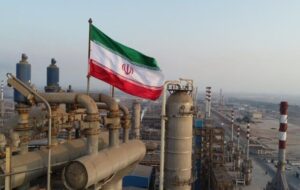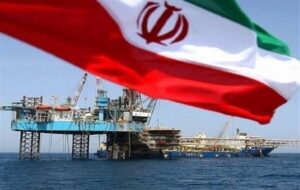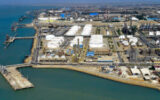
The resilience of Iran’s oil industry in the 12-day war
During the 12 days when Iran's skies were facing the Zionist regime's invasion and the imposed war, the oil industry worked in a chain reaction and did not tremble, but stood firm. It stood firm and did not let a single light go out or a shortage arise in the country's fuel supply.

Iran’s oil exports did not decrease during the war
Despite the conflict between Iran and Israel, contrary to the claims of the Zionist regime's media, Iran's oil exports not only did not decrease, but also remained at a level of about 2.2 million barrels per day, according to Kpler data.

If the Strait of Hormuz is closed, where will the oil pass? Petroline, Fujairah, or Ceyhan?
The Strait of Hormuz, a vital artery for global energy exports, remains an irreplaceable bottleneck. Any disruption to the flow of oil through this route would alter the geopolitical equations of energy; despite efforts by countries to design alternative routes, none are able to cover the crisis.
Breaking News

Sustainable fuel supply despite military and cyber attacks

Wartime gasoline consumption record broken

Isfahan Refinery’s New Plan to Reduce Gas Imbalance

Petrochemicals and Customs on the Downward Path of Exports

The resilience of Iran’s oil industry in the 12-day war

What percentage of the world’s mining is related to Iran?

Farabi Petrochemical’s annual meeting will be held on July 11

A strategic grade was produced at Bandar Imam Petrochemical

Export of gas produced from the third row of the South Pars Phase 14 refinery has begun



